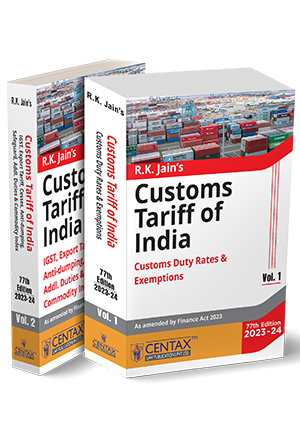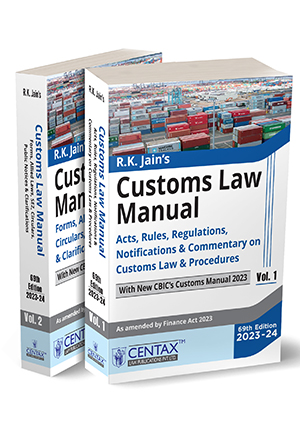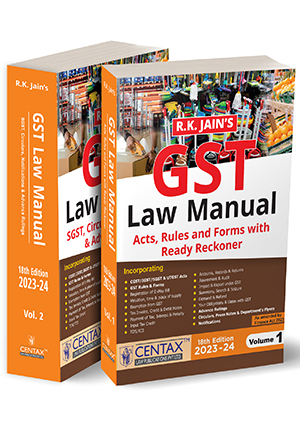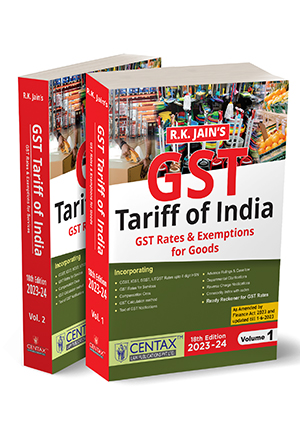Delhi HC Rules ‘Progress Rail Locomotive Inc.’ Lacks Permanent Establishment in India | Reassessment Notices Quashed
- News|Blog|International Tax|
- 2 Min Read
- By Taxmann
- |
- Last Updated on 4 June, 2024
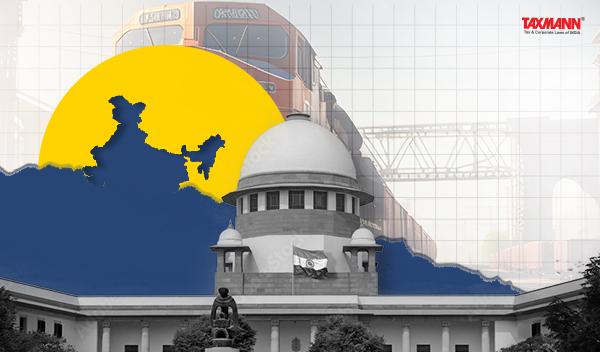
Case Details: Progress Rail Locomotive Inc v. DCIT - [2024] 163 taxmann.com 52 (Delhi)
Judiciary and Counsel Details
- Yashwant Varma & Purushaindra Kumar Kaurav, JJ.
- Arvind Datar, Sr. Adv. Rubal Bansal Maini & Prakhar Pandey, Advs. for the Petitioner. & Others.
- Sunil Agarwal, Shivansh B. Pandya, Utkarsh Tiwari & Amaan Ahmed Khan for the Respondent. & Others.
Facts of the Case
Assessee-Progress Rail Locomotive Inc., a USA-based company, has a wholly-owned subsidiary in India, PRIPL, engaged in various activities, including support services related to marketing, engineering, servicing, warehousing, assembly, and sourcing.
Assessing Officer (AO) conducted a survey on PRIPL and subsequently issued notices under Section 148 of the Income Tax Act, 1961, alleging that PRIPL constitutes a Permanent Establishment (PE) of the assessee in India. AO argued that the activities performed by PRIPL go beyond preparatory or auxiliary services and amount to a Fixed Place PE, Service PE, and Dependent Agent PE (DAPE).
Consequently, the income attributable to this PE should be taxable in India. The matter reached before the Delhi High Court.
High Court Held
Article 5 of the India-USA DTAA defines PE, including Fixed Place PE, Service PE, and DAPE. The Delhi High Court evaluated whether PRIPL’s activities could be classified as constituting a PE under these definitions.
(a) Fixed Place PE Analysis
A Fixed Place PE requires a “fixed place of business” through which the business of an enterprise is wholly or partly carried out.
Statements from PRIPL employees indicated involvement in post-tender services, delivery of goods, follow-ups with Indian Railways, and support for tenders. These activities were supportive rather than direct revenue-generating operations. The court emphasized that for a Fixed Place PE to exist, there must be a specific part of the premises at the disposal of the assessee, which was not evidenced in given case.
(b) Service PE Analysis
Service PE is established if services are provided within a Contracting State through employees or other personnel for more than 90 days within any twelve-month period. PRIPL’s activities, including monitoring tenders, technical support, and back-office operations, were preparatory or auxiliary. The court held that such activities, per Article 5(3) of the DTAA, do not constitute a PE.
(c) Dependent Agent PE (DAPE) Analysis
DAPE is constituted if an agent habitually exercises authority to conclude contracts on behalf of the enterprise or maintains a stock of goods for regular delivery on behalf of the enterprise.
PRIPL’s role did not meet DAPE criteria. The subsidiary was involved in supportive roles and did not have the authority to conclude contracts on behalf of the assessee. Additionally, PRIPL’s directors and employees operated independently, with limited involvement from the assessee’s foreign management, ensuring compliance with global practices without direct control.
Therefore, the reassessment initiated against the assessee was to be quashed as its wholly-owned subsidiary in India was treated as its Service PE, Fixed place PE & DAPE without sufficient reasons/material.
Disclaimer: The content/information published on the website is only for general information of the user and shall not be construed as legal advice. While the Taxmann has exercised reasonable efforts to ensure the veracity of information/content published, Taxmann shall be under no liability in any manner whatsoever for incorrect information, if any.

